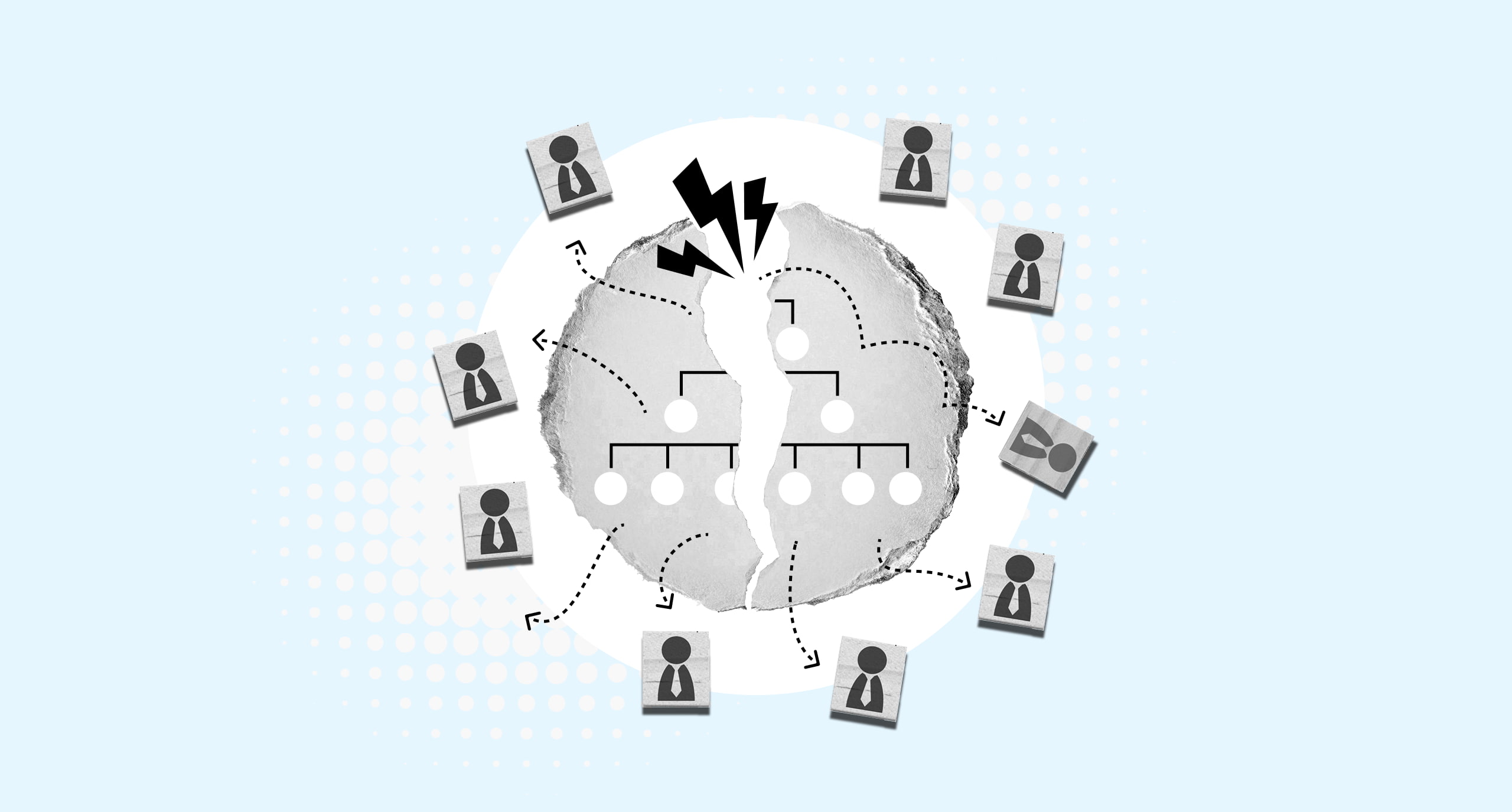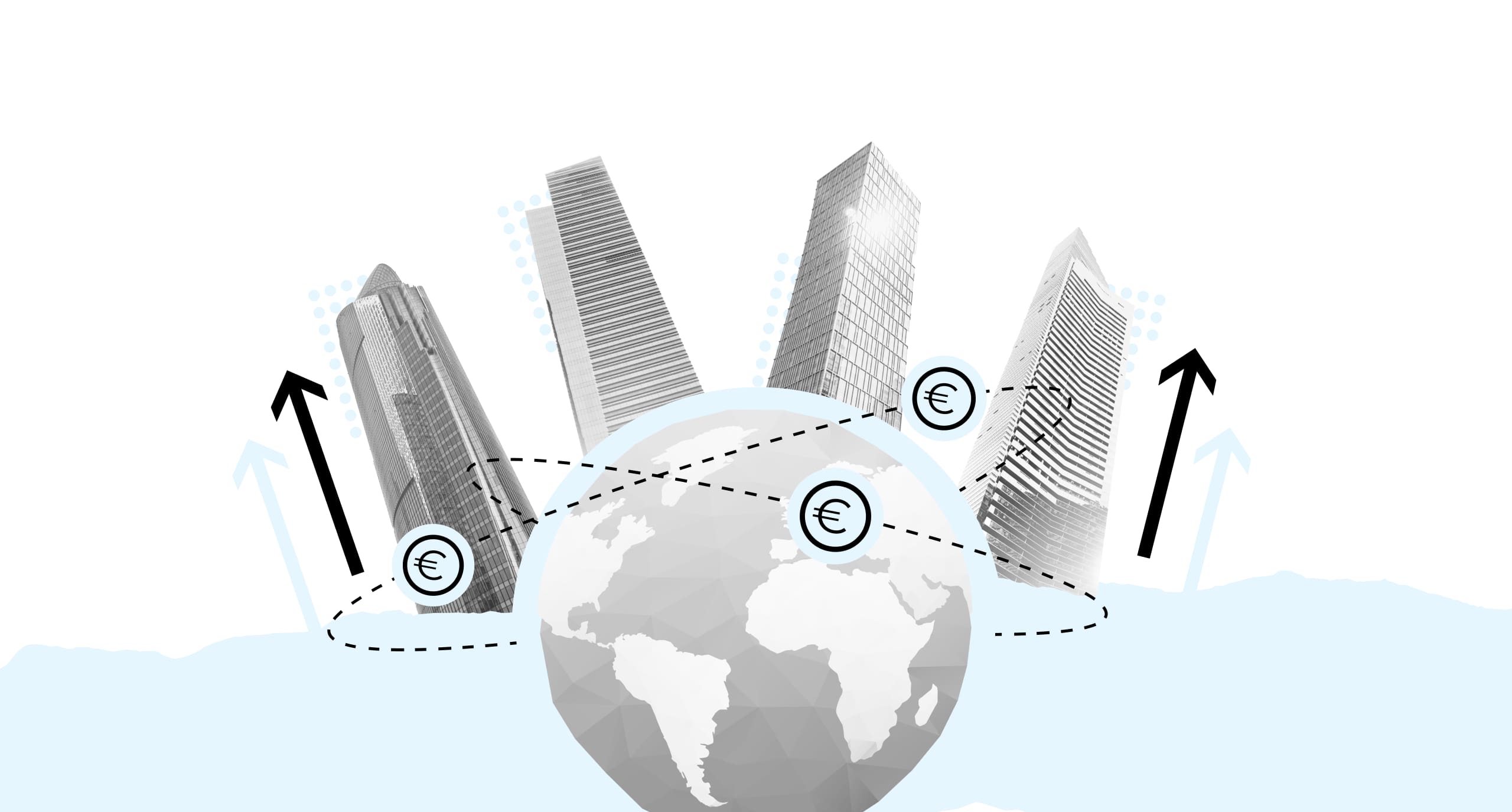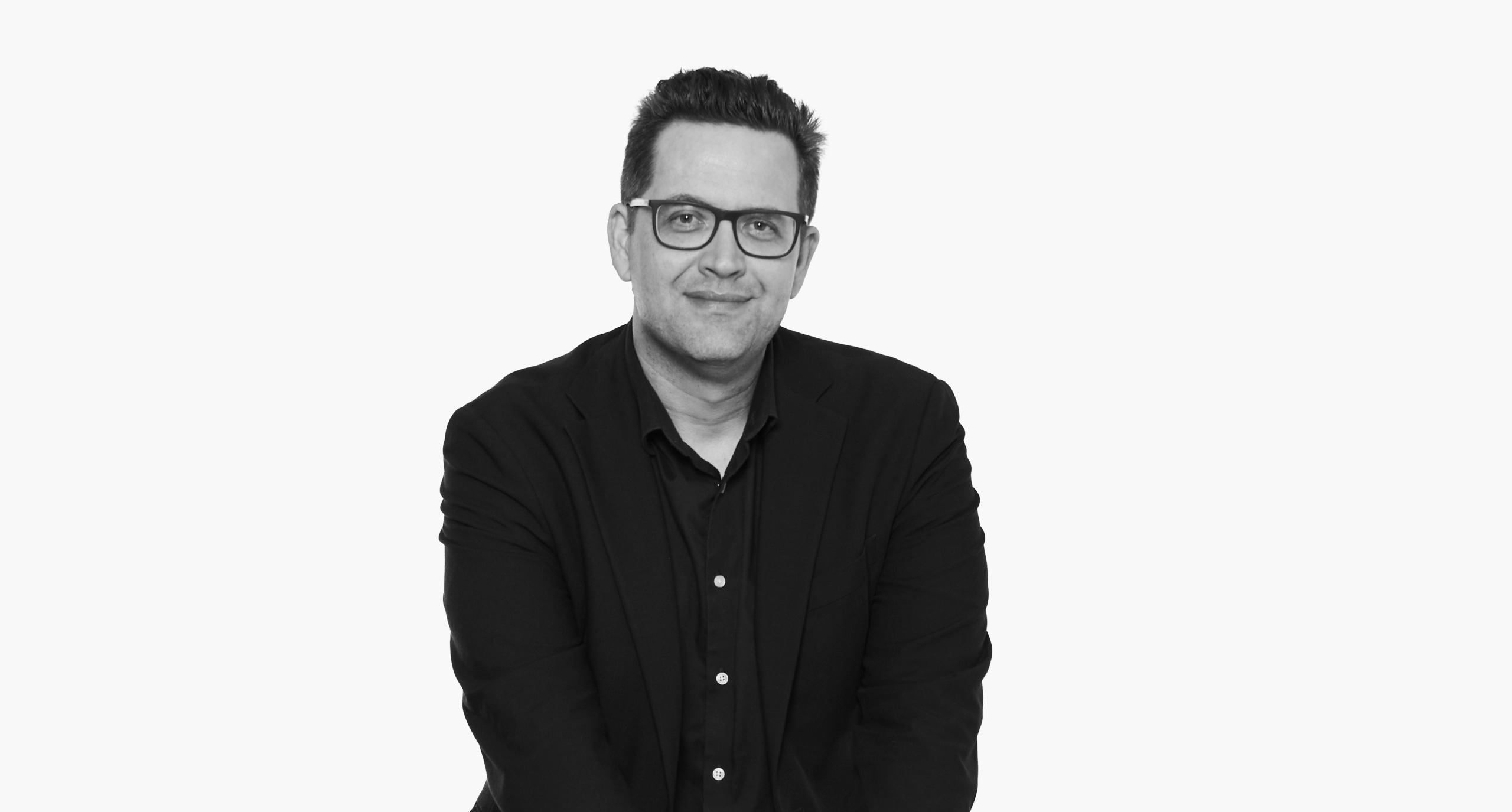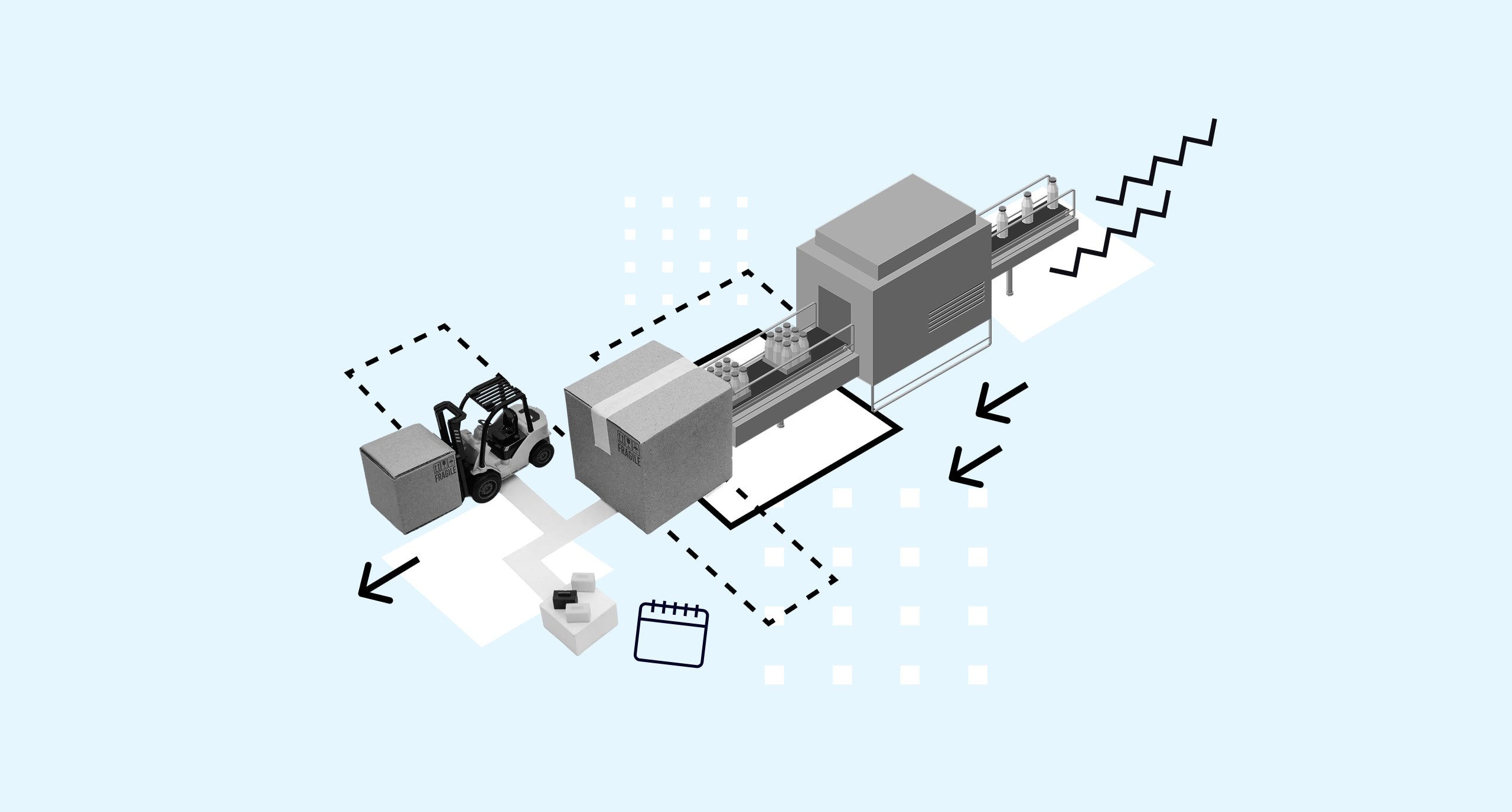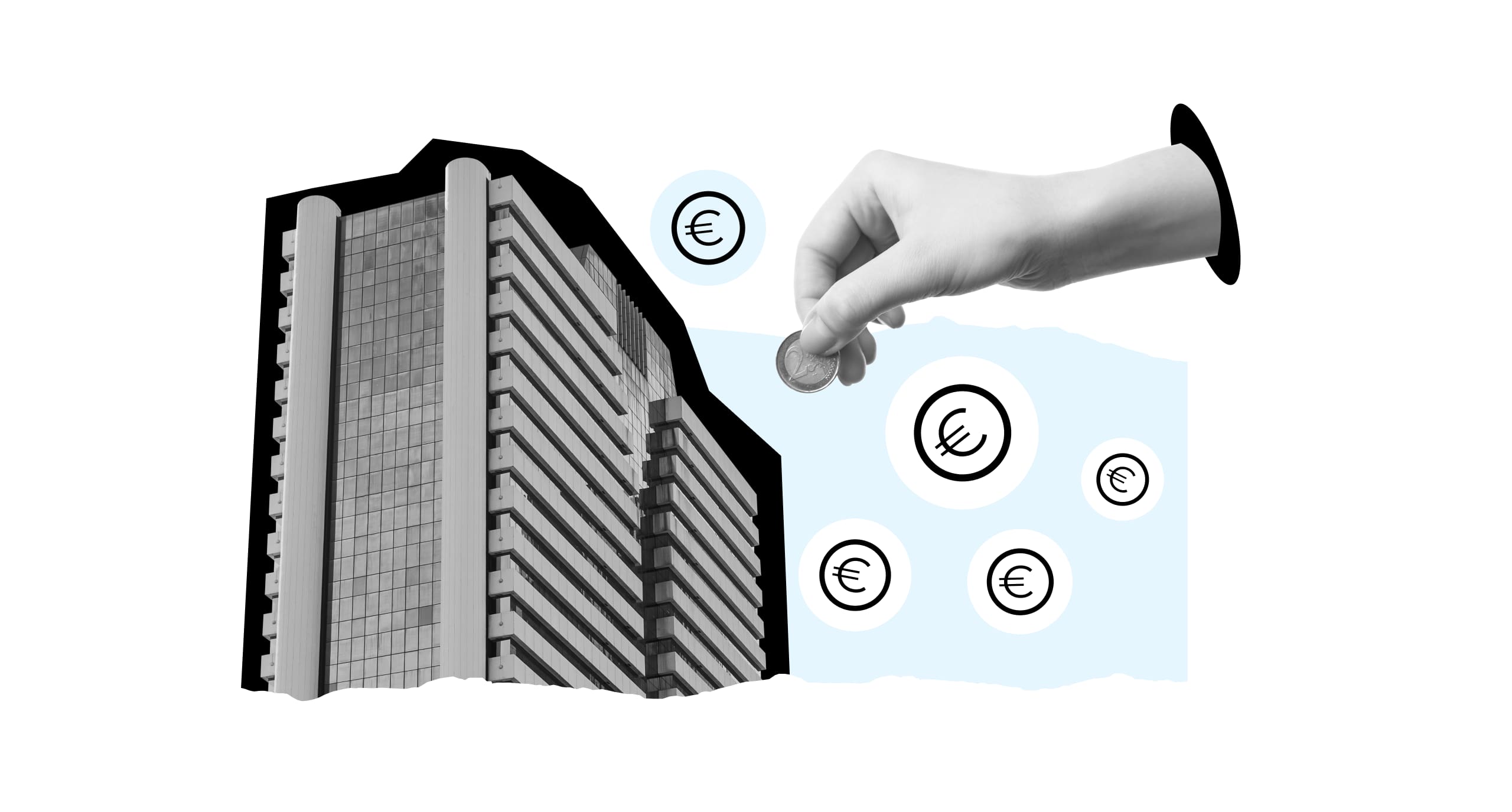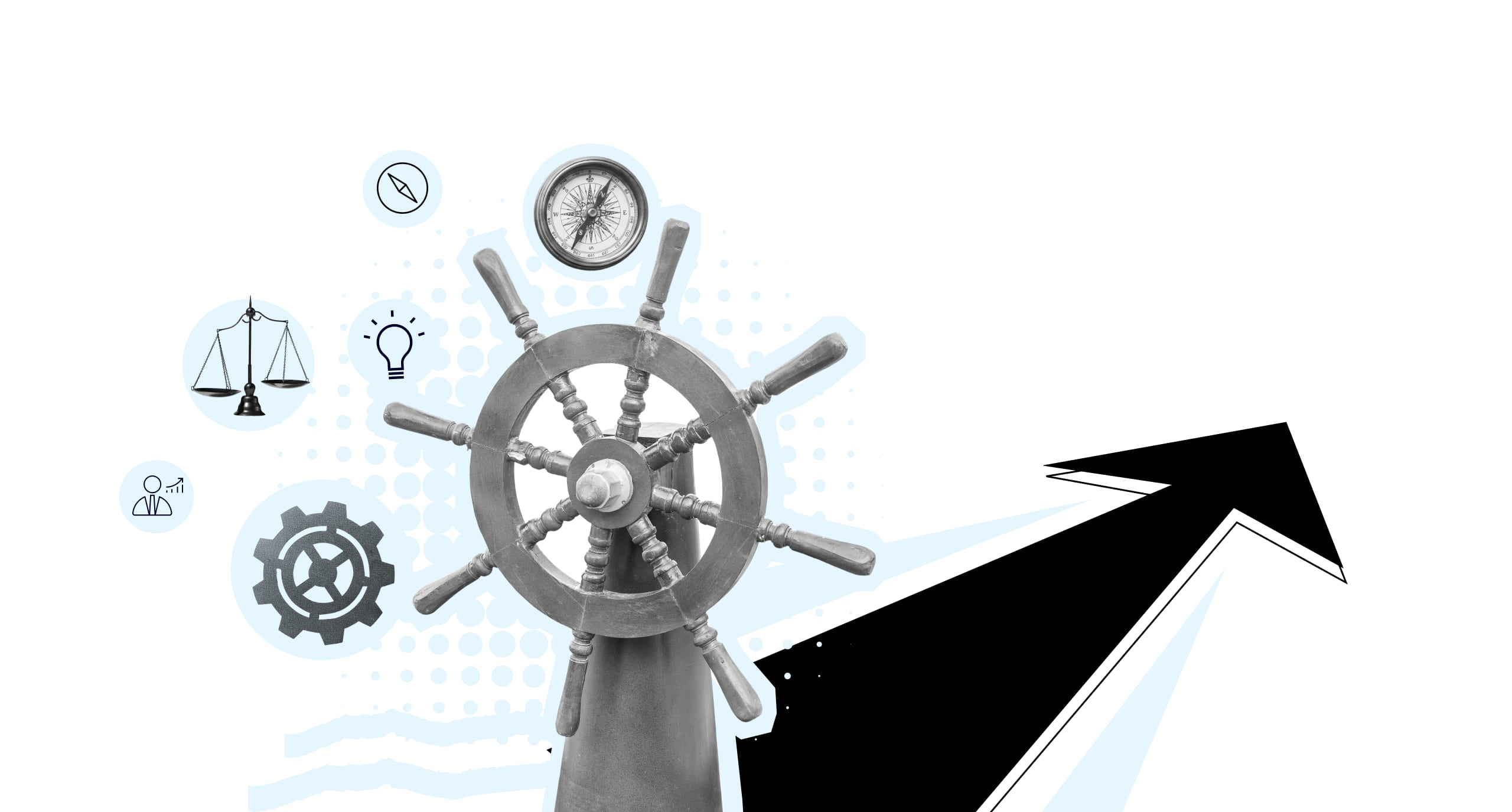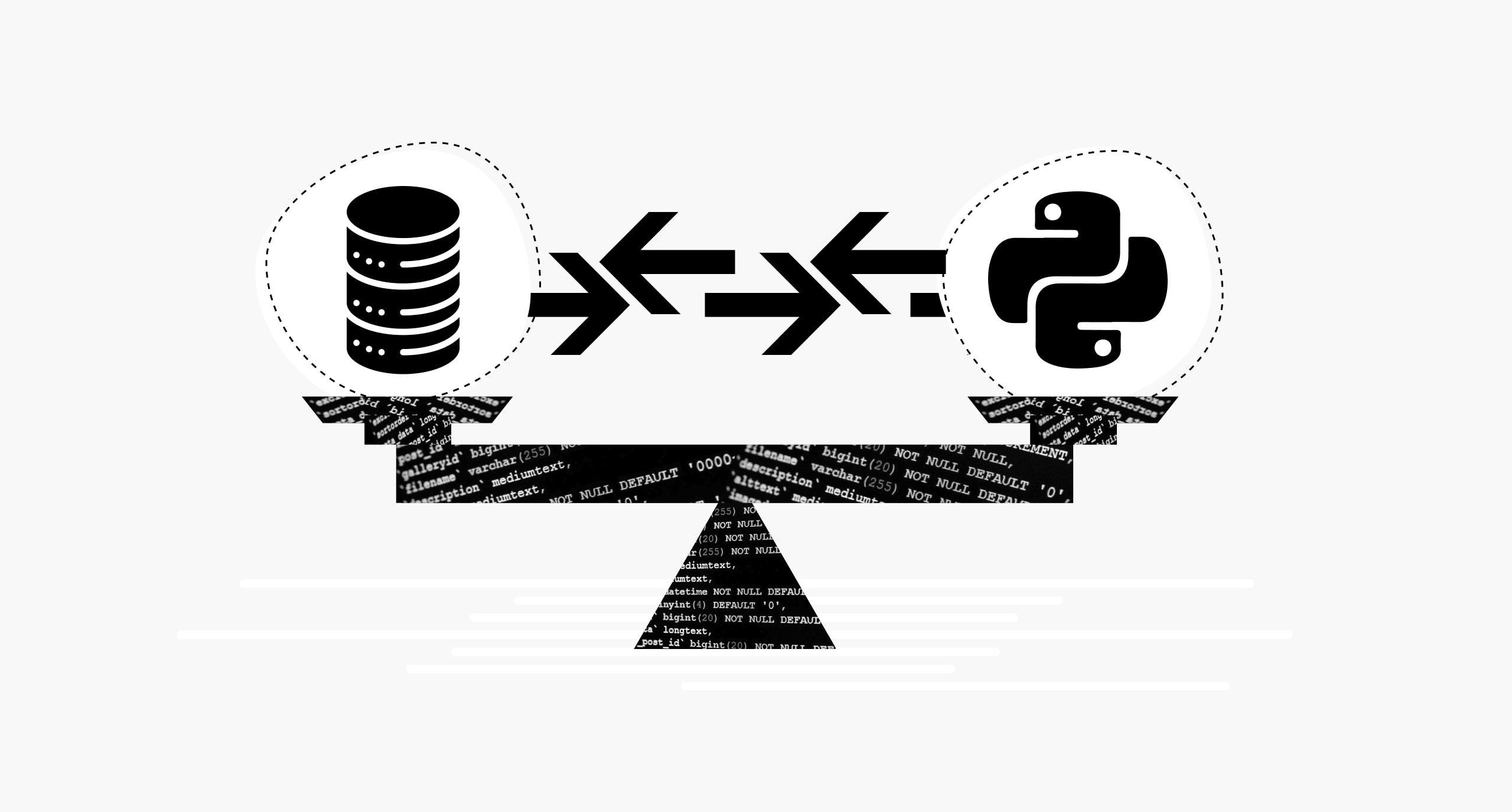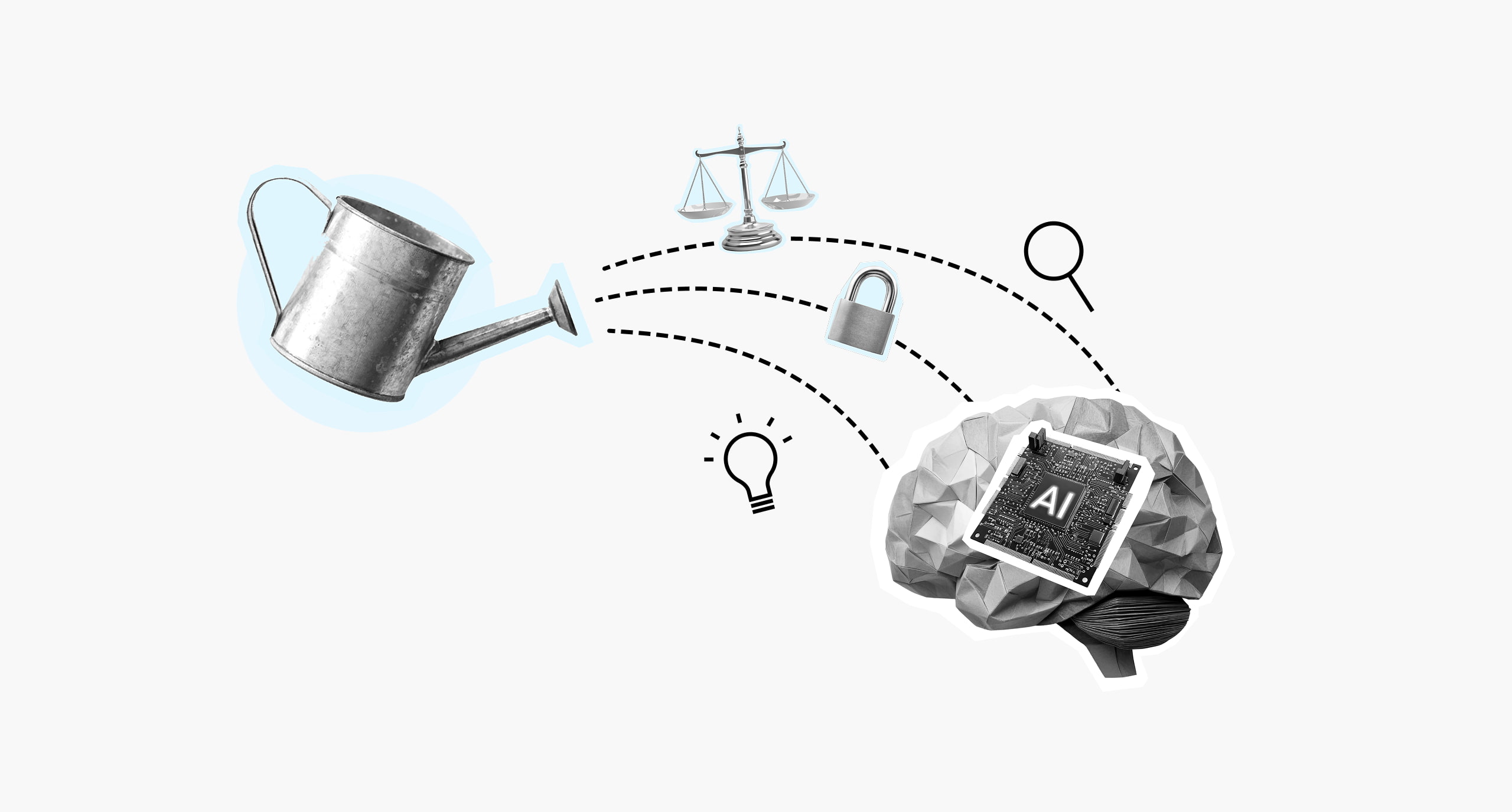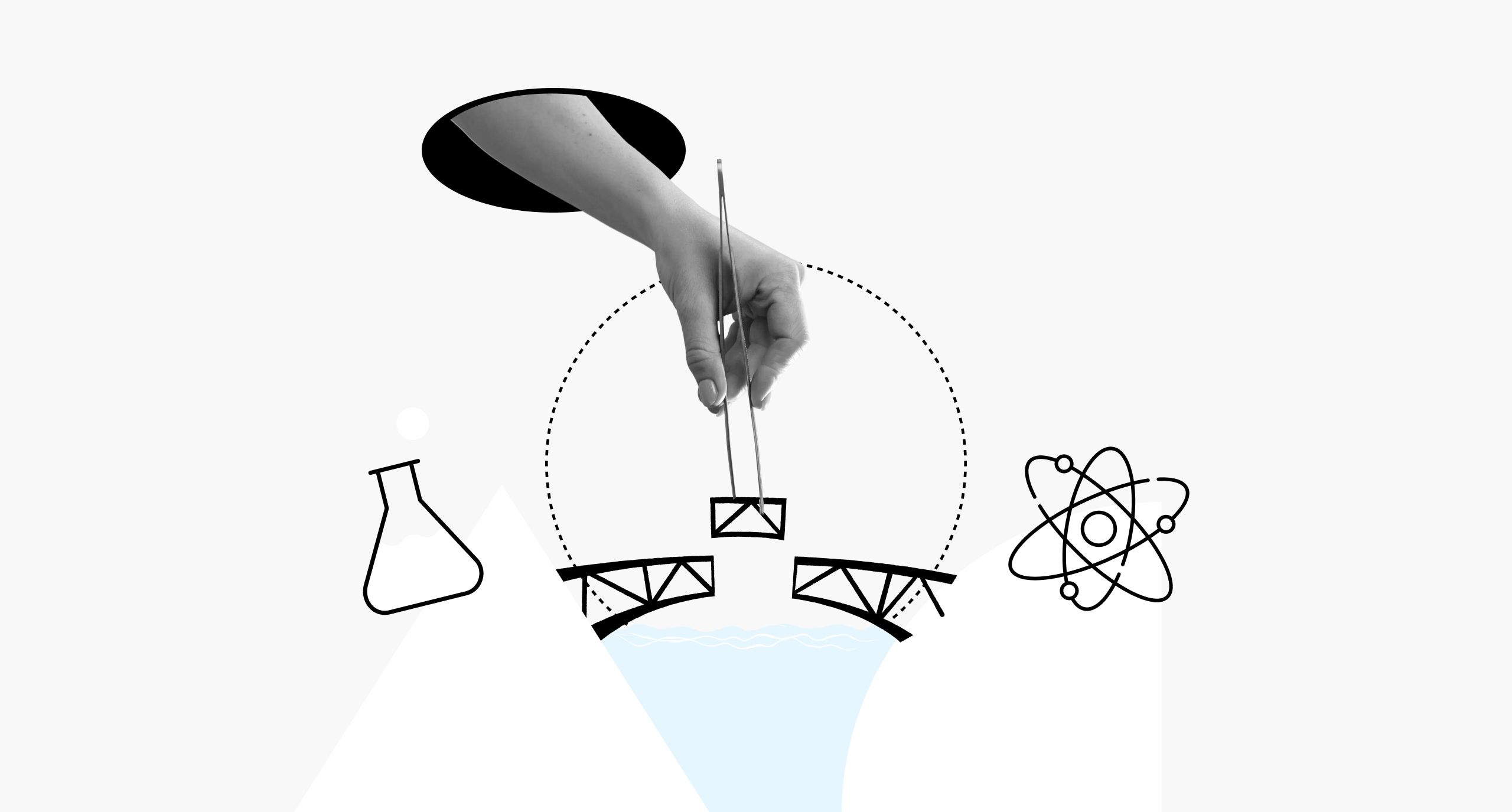The Capstone Project is the moment for our students to integrate everything they’ve learned into one real-world challenge. It’s both a culmination of their studies and a launchpad for future careers. And, this year, we caught up with students of the Master in Applied Economics and the Master in International Relations to see how it went.
Let’s dive in.
Why capstone projects matter
The projects challenged this year’s students to step into the role of analysts, consultants, researchers or strategists. They learned to problem-solve under pressure, think critically and creatively, and communicate complex findings in clear, actionable ways.
IE School of Politics, Economics & Global Affairs ensures these projects mirror the process of working in a company, with team collaboration and briefs from external partners. Whether the challenge is analyzing housing markets, forecasting economic trends or developing policy insights for international organizations, it’s an essential step that differentiates graduates from other job applicants.
“You don’t have a full picture of how things apply until you try,” said Rodrigo Lomachinsky, a Master in Applied Economics student. “That’s what was really nice here—we were able to get our knowledge from micro and macro, and then apply it to real-world data.”
The Master in Applied Economics
Students from the Master in Applied Economics had the chance to work on unique projects with PwC and Caixa Bank, focusing on housing price trends and economic models.
José Luis Bayardo, who tackled a data-centric problem for Caixa Bank, valued the chance to generate insights from a set of real-world information: “It prepared me to deal with large volumes of data, to conduct effective research, and to present the results using solid methodology.” Similarly, Daniela Ortiz valued the chance to work with real business data alongside guidance from tutors. “We kept discovering patterns and key findings as we met with our tutors,” said Daniela. “That really helped us reach our final conclusions.”
Meanwhile, those working with PwC were challenged to explore complex forecasting techniques and business modeling. “This model really equipped us to learn a lot about different forecasting techniques and the entire process behind it,” said Malvika Hoon. “It was very rigorous and very academic.”
The Master in International Relations
Students from the Master in International Relations worked with organizations such as the Organization for Economic Co-operation and Development (OECD) and Secretaría General Iberoamericana (SEGIB), engaging with real-world policy challenges that emphasized diplomacy, negotiation, and global collaboration.
For the group working with the OECD, the experience offered both personal and professional growth. “It was fun and challenging, but definitely a learning experience,” said Ornella Rodríguez. Gabriel Jofes agreed, adding: “It is really intense but really good at building relationships.”
Meanwhile, students collaborating with SEGIB took on public governance and development-related projects that required adaptability and a strong sense of teamwork. “We all did a little bit of everything at the same time, and we collaborated on the whole project together,” said Charles Boisgontier. The group emphasized the importance of time management and structured coordination. “It’s a very good idea to treat this project like a class,” advised Victoria Cano. “You need to schedule one day a week just to meet with your group.”
Learning through practice
Students across both master’s programs describe the Capstone Projects as a defining moment in their studies. “As we were doing the Capstone, we were also learning the concepts that we were going to use in our project,” said Daniela Ortiz. “Combining those things helped us make better decisions and understand everything more deeply.”
For many, it marks the shift from classroom theory to real-world thinking. “It was a great opportunity to take the knowledge we gathered over the past year and apply it in a totally new context,” said Rodrigo Lomachinsky. Along the way, students sharpen skills that go beyond academics—collaboration, time management and resilience.
Think you could make the most of yourself at IE School of Politics, Economics and Global Affairs? From established degrees in International Relations and Applied Economics to our forward-looking Master in Public Policy and the new Master in Technology & Global Affairs, we can connect you with leading institutions like the UN, EU and NATO. Follow the link below to find out more about our world-class faculty, high-level guest speakers, and all the programs we offer.
Get hands-on with our groundbreaking Capstone Projects
See how the IE School of Politics, Economics & Global Affairs delivers forward-thinking education.

Benjamin is the editor of Uncover IE. His writing is featured in the LAMDA Verse and Prose Anthology Vol. 19, The Primer and Moonflake Press. Benjamin provided translation for “FalseStuff: La Muerte de las Musas”, winner of Best Theatre Show at the Max Awards 2024.
Benjamin was shortlisted for the Bristol Old Vic Open Sessions 2016 and the Alpine Fellowship Writing Prize 2023.

